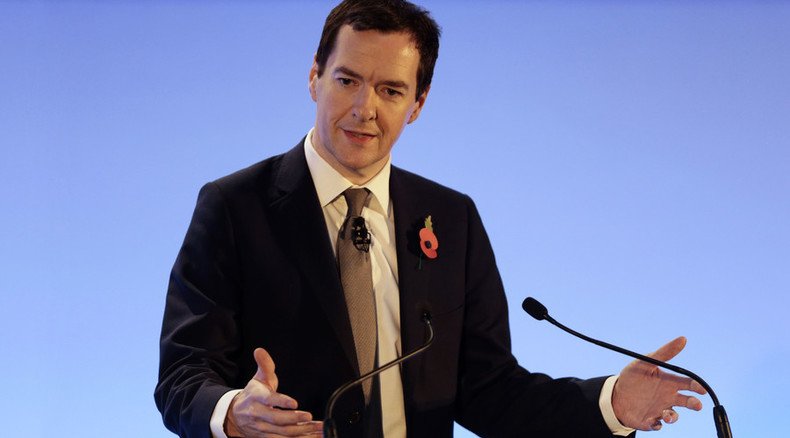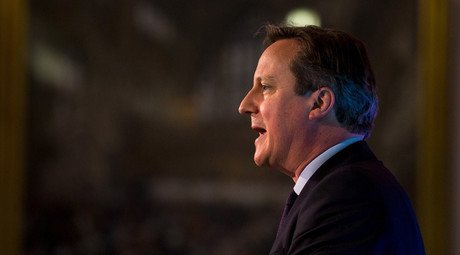Osborne slashes welfare, injects £1.9bn into cybersecurity to counter ISIS hackers

Islamic State terrorists could launch cyberattacks on power stations, the National Grid and hospitals, Chancellor George Osborne warned in a speech outlining his commitment to spending an additional £1.9 billion on cybersecurity.
In a speech at GCHQ Cheltenham on Tuesday, Osborne announced Britain will double its cybersecurity budget by 2020, and will create a ‘National Cyber Centre’ to respond to major attacks on Britain.
The chancellor said the attacks on Paris underline the need for Britain to improve its defenses against cyberattacks.
“ISIL [Islamic State or IS, also formerly ISIS] are already using the internet for hideous propaganda purposes; for radicalization, for operational planning too,” he told an audience at the security service headquarters.
“They have not been able to use it to kill people yet by attacking our infrastructure through cyberattacks. But we know they want it and are doing their best to build it.”
Osborne announced the injection of cash into the security system as he prepares to unveil a fresh round of cuts on welfare and public services next week as he attempts to push Britain back into a budget surplus.
“It is right that we choose to invest in our cyber defenses even at a time when we must cut other budgets,” he said.
“The internet represents a critical axis of potential vulnerability.”
Osborne said the decision to bolster cybersecurity spending had been made before the Paris attacks on Friday.
“The stakes could hardly be higher – if our electricity supply, or our air traffic control, or our hospitals were successfully attacked online, the impact could be measured not just in terms of economic damage but of lives lost.”
The bolstered cybersecurity plans also include cooperation with internet service providers to fend off attacks and block malware, as well as a new institute to train more coders.
Osborne’s pledge comes after Prime Minister David Cameron announced on Monday the UK’s intelligence staff would be increased by 15 percent.
The terror threat rating in the UK remains “severe.”
'Crackdown on arms smuggling crucial to combat terrorism’ – Theresa May pic.twitter.com/sMmwM9TluH
— RT UK (@RTUKnews) November 16, 2015It has emerged around 3,000 extremists are being monitored in Britain, with one arrest made each day.
On Monday, Cameron said seven major terror plots have been foiled in the past year. One of these attacks had been “disrupted” by MI5 during the past two weeks.
Cameron said the “poison” of IS is akin to Nazism, and urged Brits to confront the threat with Blitz spirt.
In October, internet provider TalkTalk suffered a cyberattack which affected 157,000 customers.
Following the attack, British and US authorities carried out a drill to test responses to an attack on the financial sector.













